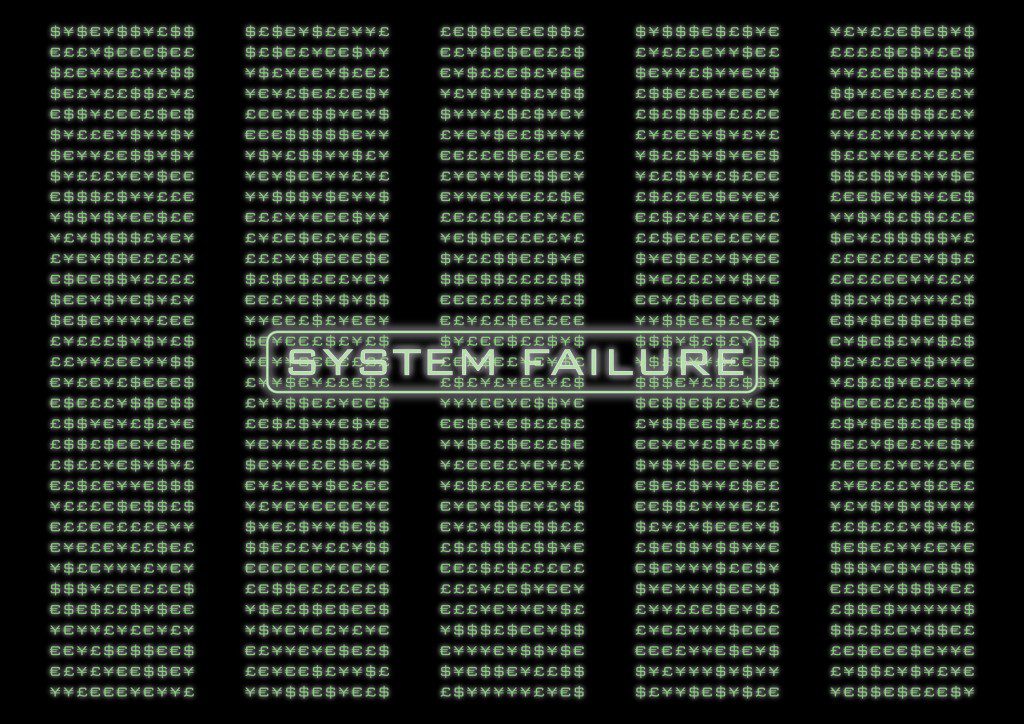Billions of hedge fund dollars have recently been invested in companies which have announced plans to merge with overseas organizations with the intended outcome being an overseas domicile for the U.S. companies. Favorable tax implications—so-called tax inversions–made the deals quite attractive until the government stepped in to discourage the trend. The biggest investors in such companies have taken significant losses on their investments as the U.S. companies re-think these foreign marriages.
14 Inversions So Far
Since early 2012, 14 tax inversion re-domiciling moves have been undertaken by U.S. companies, with another 7 companies currently having such deals pending. What tax inversion achieves is a lowering of the companys tax rate but without having to actually move its executives or central operations overseas. From an accounting perspective the subsidiary company is loaded up with the tax-deductible debt besides other advantages.
Treasury Department Rule Changes
The administration has taken the position that this loophole in the U.S. Tax Code is inappropriate and on September 22nd it proposed new rules limiting a companys use of untaxed offshore profits if they make use of an inversion scheme. According to a statement released by Treasury Secretary Jacob Lew:
These first, targeted steps make substantial progress in constraining the creative techniques used to avoid U.S. taxes, both in terms of meaningfully reducing the economic benefits of inversions after the fact, and when possible, stopping them altogether.
Nevertheless, strong lobbying by U.S. pharmaceutical and medical technology companies in particular a campaign that has employed seven former congressmen and former chiefs of staff may be largely responsible for Congress reticence in upsetting this multi-billion-dollar tax-saving device.
Some Companies Having Doubts
As attractive as tax inversion is to U.S. companies, some executives are re-thinking the move in light of the statutory uncertainty which looms for the future. An Illinois-based drug manufacturer with announced plans to acquire an Irish pharmaceutical companyspecifically for utilizing the tax inversion benefithas now torpedoed the deal which investors saw as a $55 billion opportunity. Likewise, a Minneapolis-based medical device manufacturer also seeking to acquire an Irish counterpart has concerns as to how attractive such a move would be in light of new Treasury Department tax regulations.
The Hedge Fund Hit
What all of this has meant in practical terms for pharmaceutical and medical device hedge fund investors is losses: even prior to the announcement that the deal was dead, the share value of the Irish drug manufacturer intended as the new domicile of the Illinois company fell by 30% thus contributing to a 14% drop in value of a hedge fund holding a $51 billion stake in the company.
David draws on 20+ years’ experience in both legal practice and in business services delivery since his own call to the Bar in 1989. With several years in the startup environment, including as a co-founder in the legal tech space specifically, he brings a unique and timely perspective on the role of data, automation and artificial intelligence in the modern and efficient delivery of services for legal consumers. Having been both a corporate buyer of legal services and a services provider, he identifies the greater efficiency and value that can be achieved in legal operations for corporate buyers especially.
An attorney, David worked for law firms Pinsent Masons and Linklaters in London before moving to New York to join Credit Suisse. As CAO, he helped negotiate & execute the relocation of Credit Suisse into its new NYC global HQ. Subsequently, David directed major global outsourcing, shared sourcing, HR operations & process efficiency initiatives including the digitization of records, the global roll-out of PeopleSoft HRMS & Y2K. David has worked extensively in the UK, US, Philippines, India and China markets in the areas of data management, human resources and business process outsourcing.
Most recently, David has been successfully investing in and serving as an advisory board member of several legal services start-ups including a cloud-based solution for legal process automation and e-filing; and a technology solution for large-scale capture of court and other public data used for litigation analysis, among others.
David graduated from the University of Manchester with Honors in Law and Bar School (College of Legal Education) in London, and has been a member of Middle Temple since 1989. He is the founder and former Chairman of The Global Sourcing Council.
Member: Bar of England & Wales, ABA, NYCBA, ACC, DRI






































